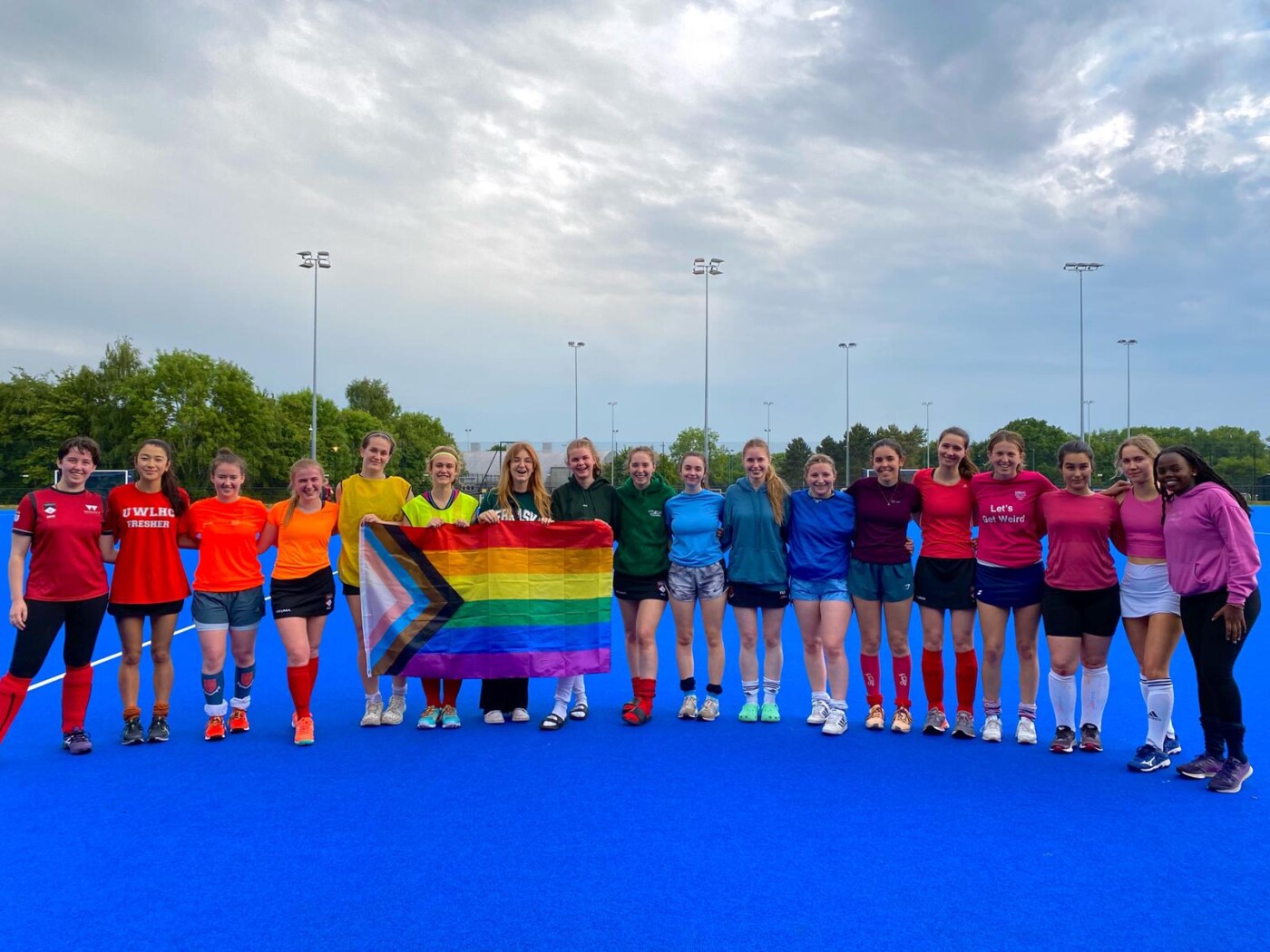Move with the times: Sports clubs must foster inclusive culture
“Clubs need to constantly assess their own practices and strive for inclusivity.”
Speaking to Emma Birch, Sports Officer at Warwick Students’ Union, she highlighted the importance of ongoing learning to become more inclusive.
The England Cricket Board (ECB) recently announced their belief that cricket can become the most inclusive sport while other sporting bodies seem equally verbose about their endeavours towards inclusivity.
Rather than standing by in this arms race of virtue signalling, university sports clubs should be prompted to reflect on their own exclusive practices and take opportunities to raise awareness.
While traditions are often thought to be integral to the identity of sports clubs at Warwick, they should not become immune from a critical gaze.
“You can’t justify a practice that is discriminatory and non-inclusive by saying it is a tradition, as things are constantly changing in society,” asserts Birch.
In defending aspects of club culture as ‘tradition’, it can provide barriers to social change. Such traditions, when carried out in a way that excludes those who do not wish to participate, can include circle games solely focused on sexual references and the enforcement of drinking culture.
The University of Warwick Ladies’ Hockey Club (UWLHC) provide an example of where engagement in introspection has led to steps to promote inclusivity within their club.
“Inclusivity benefits every member of the club and provides the chance to learn,” reflects Jordan Mayers, the Welfare Secretary of UWLHC, as they explain the importance of the changes.
“Focusing in particular on LGBTQ+ inclusivity, we reviewed [circle] games and terms that perpetuated the idea that being heterosexual and cisgender was the mainstream by suggesting sex only occurred between men and women.”
In this way UWLHC set about creating a culture that would provide a safe and welcoming environment for minorities by introducing small measures to normalise often stigmatised topics.
“When clubs are more inclusive, it helps to create a more inclusive society in general,” emphasised Mayers while reflecting on the impact such changes could have.
The SU will be supporting the clubs through providing inclusivity training and welfare training
– Emma Birch
In normalising often stigmatised topics it can “help to set an example to the wider community which can improve the rights people receive”.
UWLHC have also tried to assist in learning opportunities for their members through the provision of educational information.
“We also take part in sharing resources and showing our support through our social media during events such as Black History Month and Pride Month,” he told me, adding that the chance to learn allowed members to feel confident in the level of support they can provide.
In having such conversations, UWLHC have shown these issues matter within the club. As such they hope members will be less afraid to speak up and subsequently ongoing opportunities to learn will be easier to facilitate.
Identifying as non-binary, Mayers reflected on the way in which inclusive practice can benefit themself: “As a fresher I was nervous joining a women’s club. However, once I was out to everyone, they treated me like everyone else.
“By increasing inclusivity, new freshers who are in a similar position won’t be afraid to join.”
Ensuring harmful social norms and biases continue to be addressed across all university sports clubs at Warwick will, however, require effort and receptivity to learn from everyone.
“Clubs need to be willing to be open to change in their sport in order to be more inclusive,” explained Birch, the newly appointed Sports Officer.
“It is on all sports participants to ensure they act in a fair and non-discriminatory manner,” she stressed.
Birch went on to outline the way in which the SU currently support clubs in efforts to further inclusivity across campus.
These include an ally scheme which provides access to a supportive person within a club of interest; a ‘maskulinities project’ aimed at tackling toxic masculinity in sports clubs; and a new sexism in sport task force.
Importantly, as inclusivity featured large in her manifesto, going forward Birch reiterated the SU’s continued commitment to promoting inclusivity.
She promised that “the SU will be supporting the clubs through providing inclusivity training and welfare training to execs and club members”.
Such opportunities to learn should be seized and used to start conversations that will provide ongoing and much needed education.

Comments